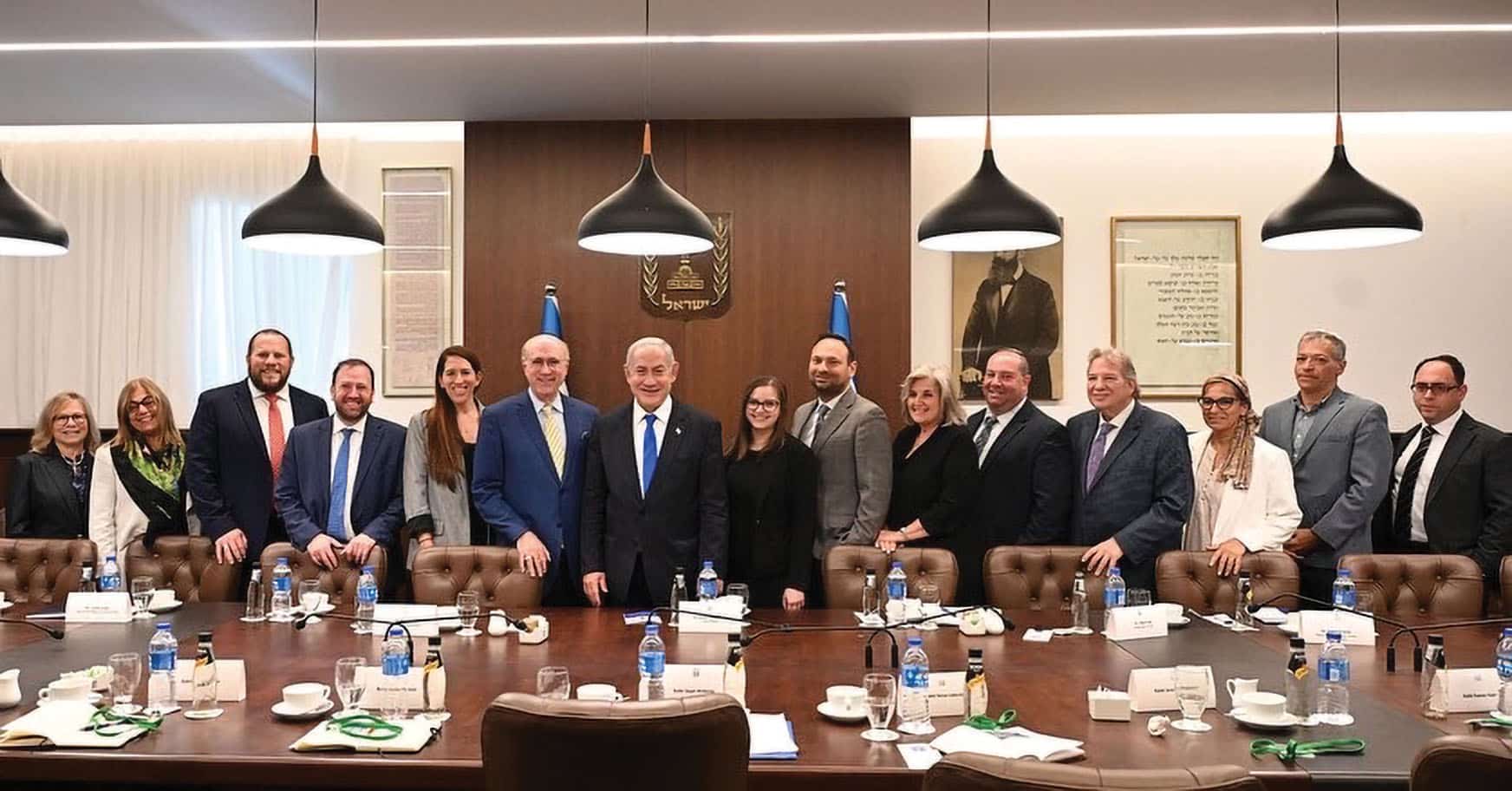
We just returned from a 10-day mission through the United Arab Emirates, Bahrain, and Israel: The Abraham Accords countries. As guests of their governments, this diplomatic delegation was comprised of the executive committee of the Zionist Rabbinic Coalition (ZRC), a network of rabbis from all movements and denominations in North America devoted to fostering a relationship that transcends differences over any particular policy and affirms our unbreakable bond with and support of the State of Israel. Chaired by our founder, Rabbi Stuart Weinblatt, our delegation was comprised of 12 leaders of the ZRC — Orthodox, Conservative, and Reform — from New York, Connecticut, Massachusetts, Pennsylvania, Florida, Washington, DC, Ohio, Illinois, and California, all of us in agreement that love and support for Israel must stand as a central tenet in our rabbinate.
We are still digesting and reflecting on this incredible experience and how it has shifted our viewpoints to a certain extent. It’s likely we will be sharing thoughts with you at our respective congregations in the future. If you’d like to hear more, please join us at Valley Beth Shalom and Stephen Wise Temple.
The packed itinerary of our meetings grew and intensified as the trip progressed. In Abu Dhabi, we met with a member of the royal family, the director of the Abrahamic Family Center, and we also had a briefing with Dr. Ali Al Nuaimi, an architect of the Abraham Accords. After arriving in Dubai, we met with leaders of its growing Jewish community, and local civic and cultural leaders. We even visited a Holocaust Gallery exhibit in Dubai. In Bahrain, we engaged with a minister, a Jewish member of their Parliament and the Israeli Ambassador. Finally, in Israel we met with Natan Sharansky, an array of diplomats, eight Members of Knesset from across the political spectrum, culminating in a meeting and dialogue with Prime Minister Netanyahu in his cabinet room.

The countries are not the same. Each one faces unique challenges: social, demographic, economic, and political. Yet everyone shares a common value of tolerance and eagerness to engage — not only politically, but also people to people. Representatives of all three countries shared that the Abraham Accords are not intended to resemble the peace between Israel and Egypt, or Israel and Jordan. The Abraham Accords are supposed to spearhead a new era of peace and prosperity in the region and begin a new chapter of engagement between Muslims and Jews. And that’s where we fit into the picture.
Our journey found a common trope in all three countries, where leaders expressed appreciation for the rabbis in the ZRC, who were willing to visit and express interest in engaging in the Abraham Accords. Many organizations have visited the countries, such as the American Jewish Committee (AJC), Anti-Defamation League (ADL) and the American Israel Public Affairs Committee (AIPAC), but no rabbinic coalition like ours. Supporting Israel today doesn’t only mean visiting Israel, which you should. Supporting Israel today doesn’t only mean purchasing products of Israel, which you should. Today, supporting Israel should also include supporting her peace initiatives with neighbors in the region.
When Prime Minister Netanyahu walked into the cabinet room where our delegation was waiting, he seemed genuinely moved to see rabbis from across the religious spectrum in support of Israel. While some of us came into the meeting with him as admirers and some as detractors, all of us shared a sense of respect for the office, appreciation for his decades of service, impressed by his command of knowledge and facts, and his ability to articulate his position within a larger historical context.
Too many rabbis today find a relationship with Israel only by criticizing her flaws. Israel and her Arab neighbors can’t fathom it. In our private meetings and meals, our younger rabbinic colleagues in the group discussed the isolating effect of openly supporting Israel in rabbinical schools in America today. In many ways, our organization presents a new vision for a Zionist spirit that unites North American Rabbis around Israel, rather than trying to fit Israel into the politics of an individual denomination.
Our love for Israel has to be a foundational value, larger in scope than our love for any particular denomination. As we enter a post-denominational world, we can stand at the center of a new order in which rabbis gather around identified values rather than gathering based on one’s rabbinical school ordination.
Zionism is not over because of Israel’s establishment and success over the last 75 years. Zionism will continue to evolve to face new challenges. Herzl could not have imagined a group of rabbis such as ours walking safely around Dubai in our kippot. He could not have imagined Dubai. Indeed, we could not have imagined Dubai.
There were aspects of the UAE that felt familiar. For instance, in Dubai, Rabbi Lebovitz taught Torah at 9 am before the service and Rabbi Woznica taught after lunch. They were similar Shabbat sessions, no matter where Jews are from — South Africa, Lebanon, Turkey, or Los Angeles — because we’re family. There was a comfort in the connection with the local growing Jewish community.
Perhaps, just perhaps, we have helped to inspire a renewed chapter of Zionism in parts of the American rabbinate which would be good for America, good for Israel, and good for our entire people.
And yet, naturally, aspects of the UAE and Bahrain felt foreign. The royal family and the larger government in the UAE expressed tolerance and welcomed Jews, but it’s not the liberal democracy of Israel or the United States. The opulence felt overwhelming, or perhaps just for overwhelming for us.
The airports in Abu Dhabi and in Bahrain are sparkling clean, open and the employees are friendly. Then, we arrived to Ben Gurion … But, it’s home. No matter the challenge, no matter the internal strife, no matter the bad media coverage of the moment, to see the blue Star of David waving on the flag, means that we have arrived home.
In Parsha Balak, it is a foreign prophet who declares, “How goodly are your tents, O Jacob, your dwelling places, O Israel.” (Numbers 24:5). At times it is easier to recognize the beauty of the Jewish People from an outsider’s perspective. As lovely and welcoming as our hosts were in the UAE and Bahrain, Israel is our home. It is for us to recognize the goodliness of Israel, the national tent of our people.
Everyone we met in Israel from the government — whether it be from the coalition or the opposition — we expressed the need for dialogue. We listened and we were heard. For we only have one goodly tent for our people, and it’s the State of Israel.
Many of us sit in our respective communities and say that if only we had the chance to speak with Israel’s leaders, then we would. Our delegation had that opportunity, and we expressed all of our thoughts. Our conversations were fruitful because they were grounded in Ahavat Yisrael, love of Israel, and we look forward to returning to Israel with members of our congregations.
Perhaps, just perhaps, we have helped to inspire a renewed chapter of Zionism in parts of the American rabbinate which would be good for America, good for Israel, and good for our entire people.
Rabbi Nolan Lebovitz is the Senior Rabbi at Valley Beth Shalom in Encino, CA. Rabbi David Woznica is the Isaiah Zeldin Rabbinic Chair at Stephen Wise Temple in Los Angeles, CA. Both rabbis serve on the Board of the Zionist Rabbinic Coalition.






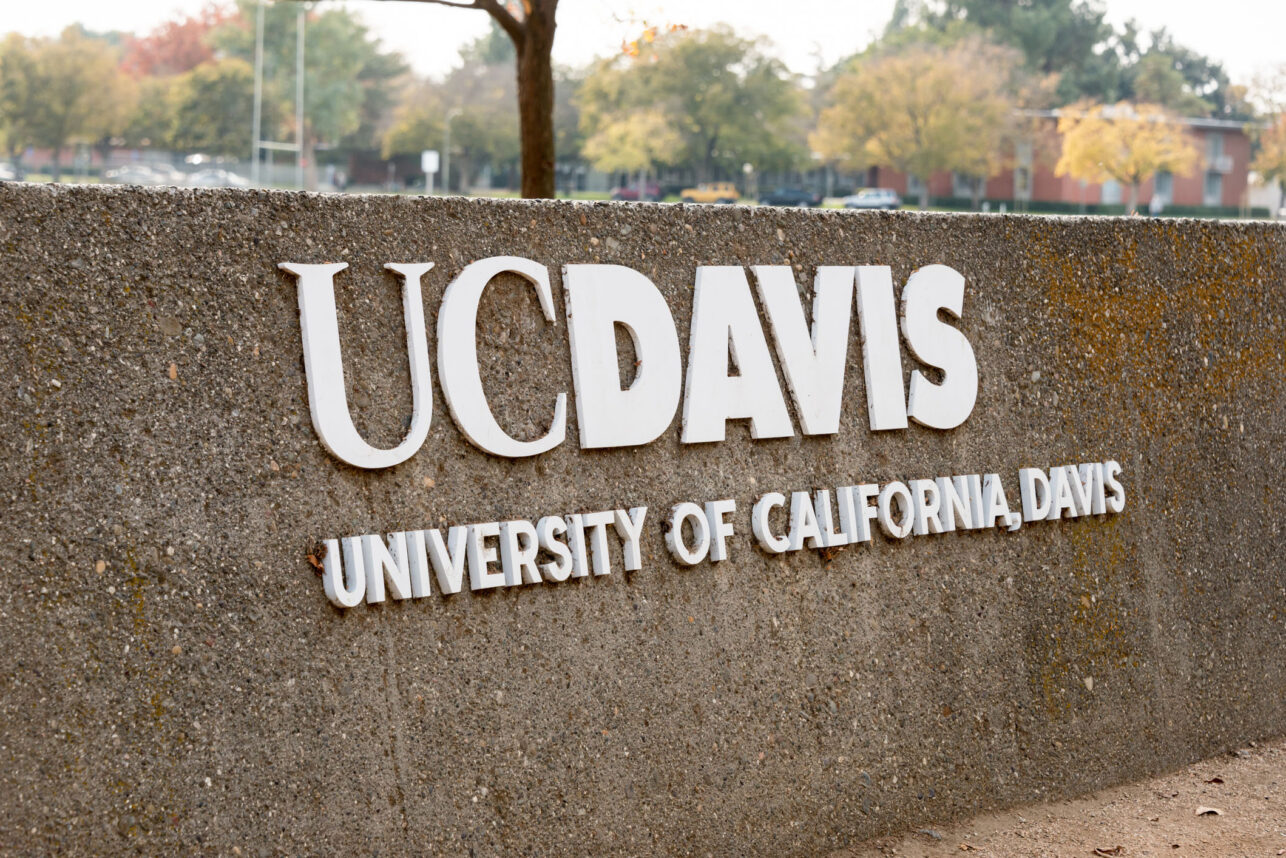
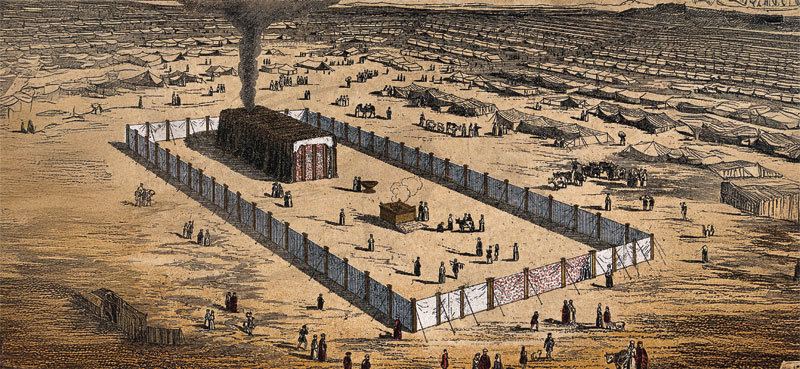
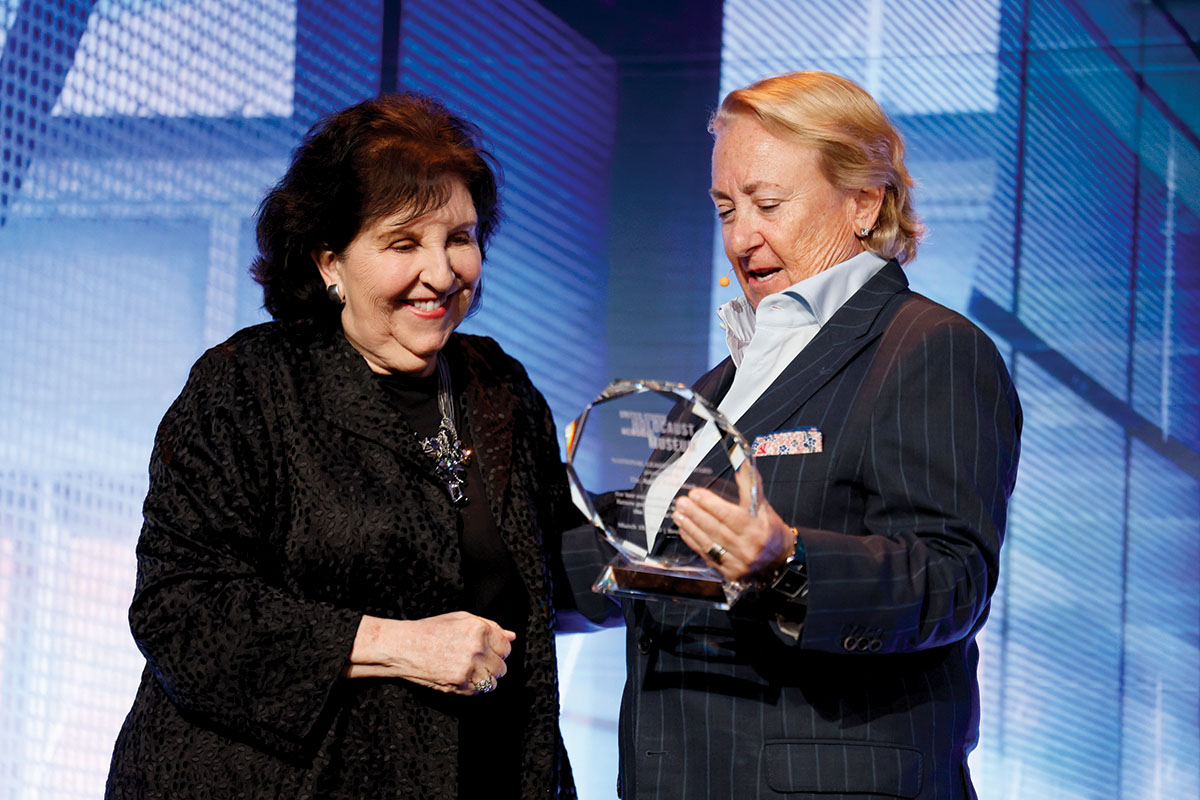

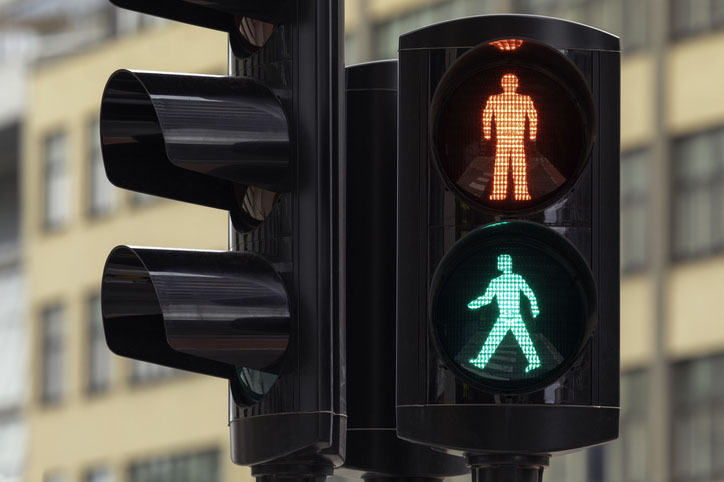
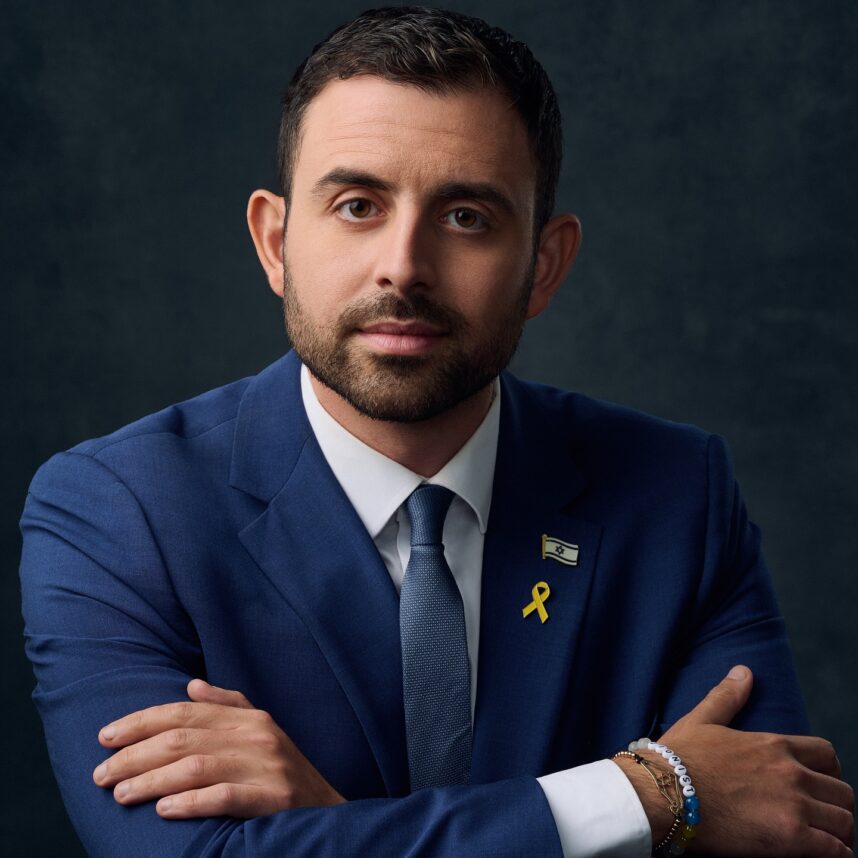
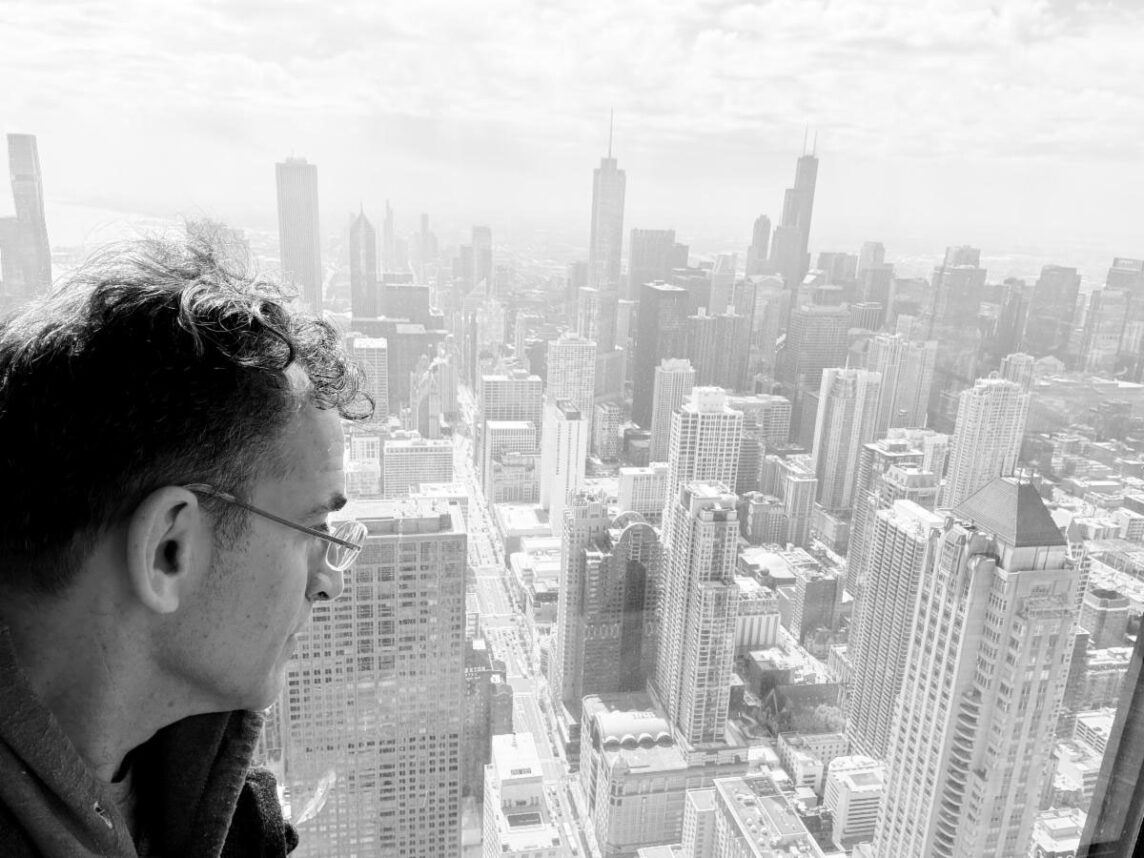
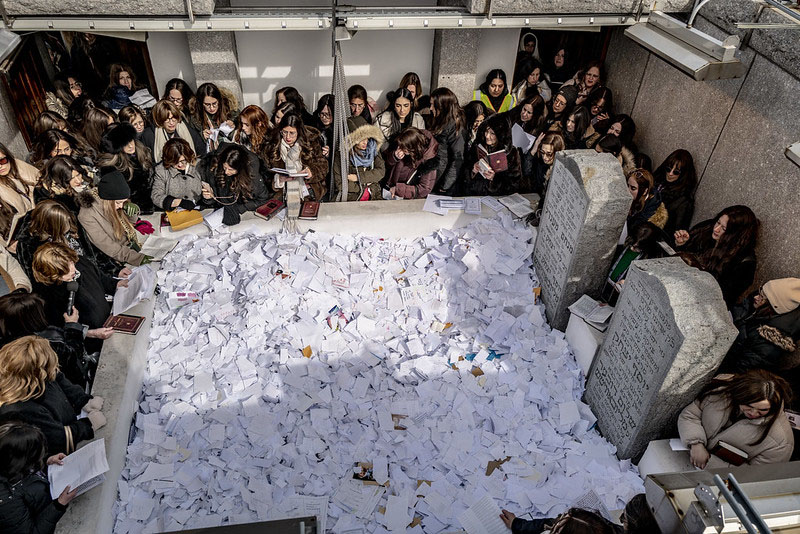
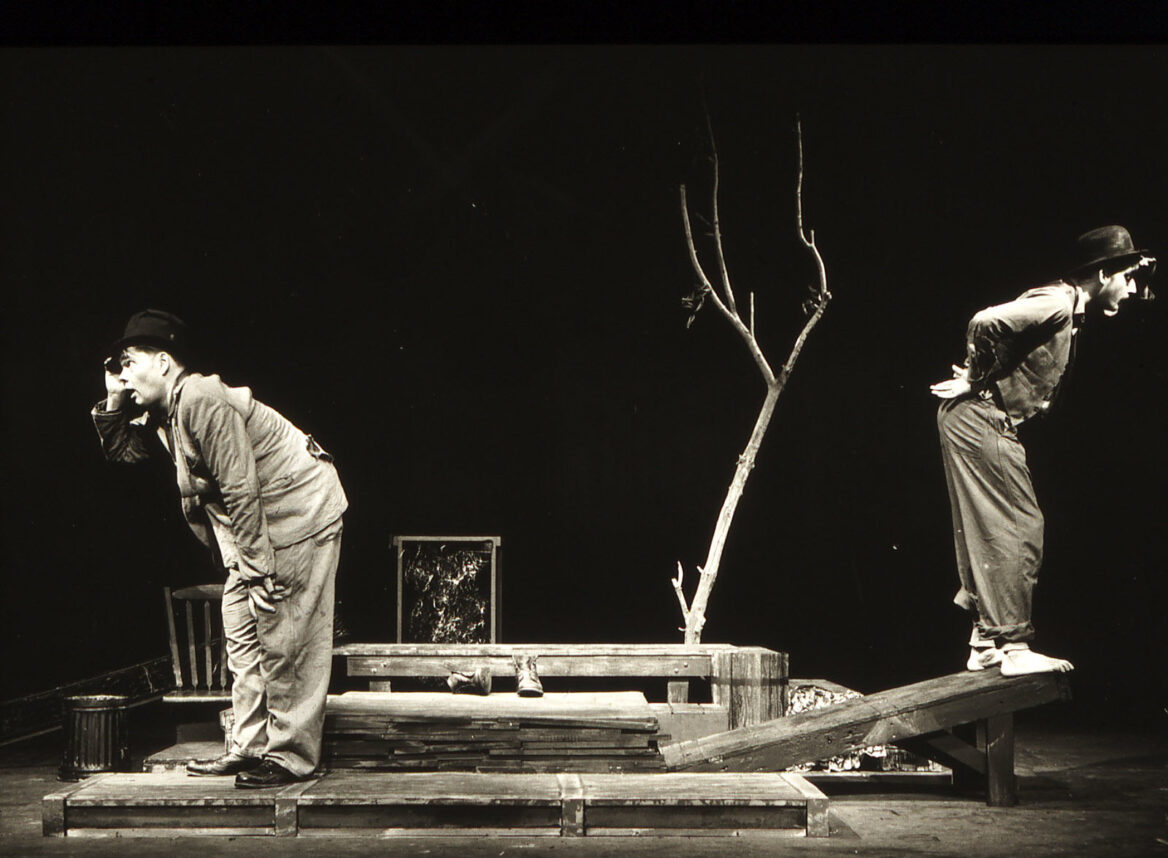

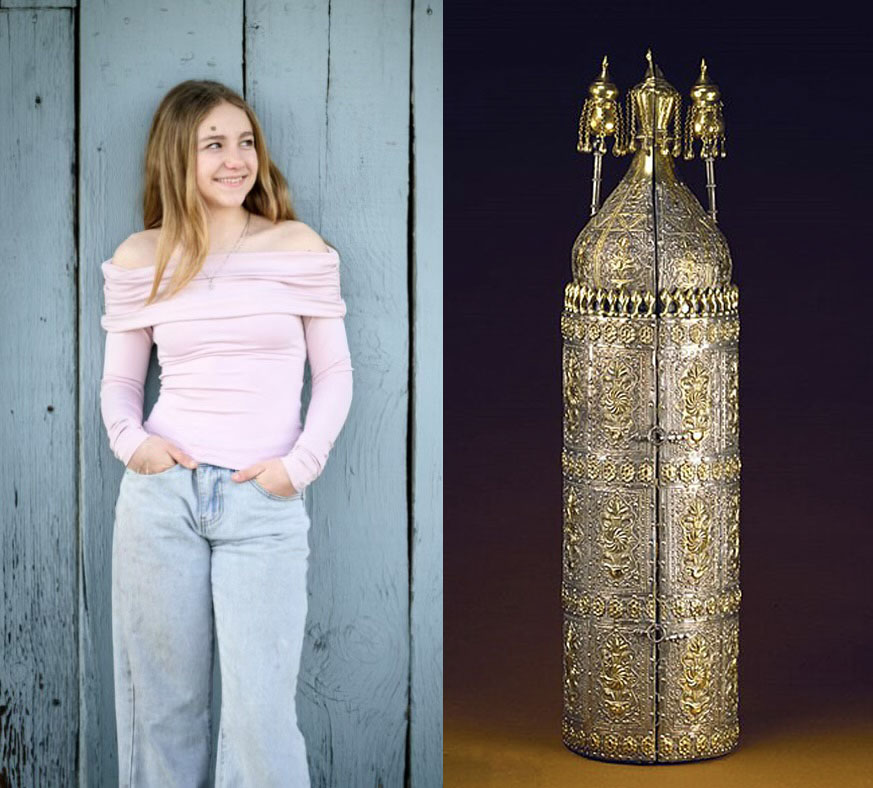





 More news and opinions than at a Shabbat dinner, right in your inbox.
More news and opinions than at a Shabbat dinner, right in your inbox.